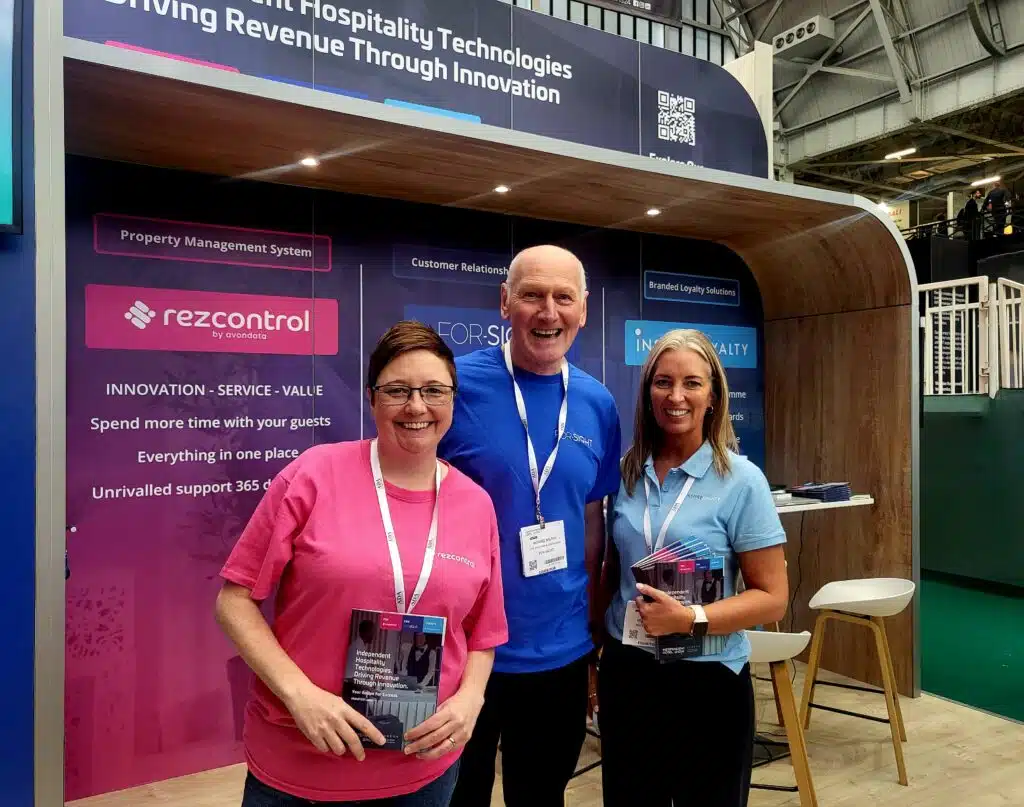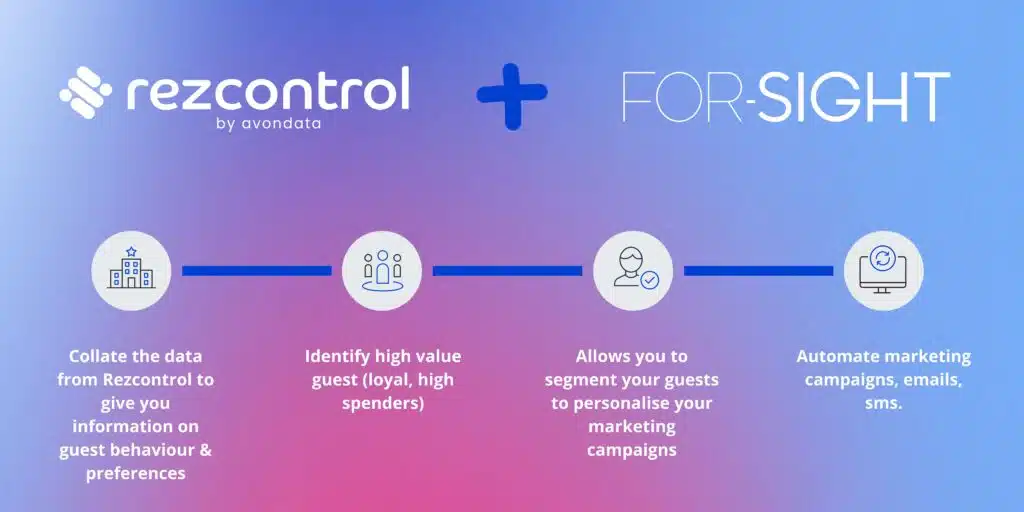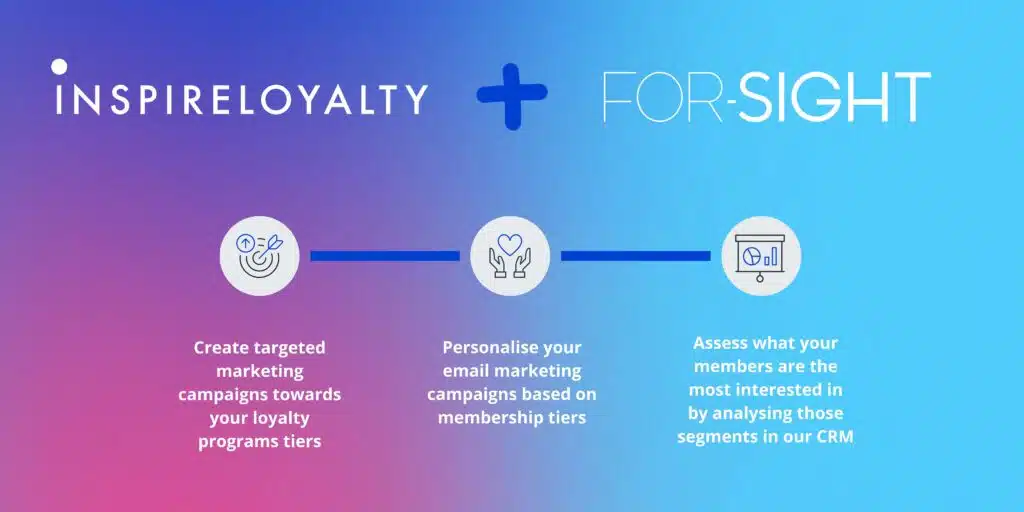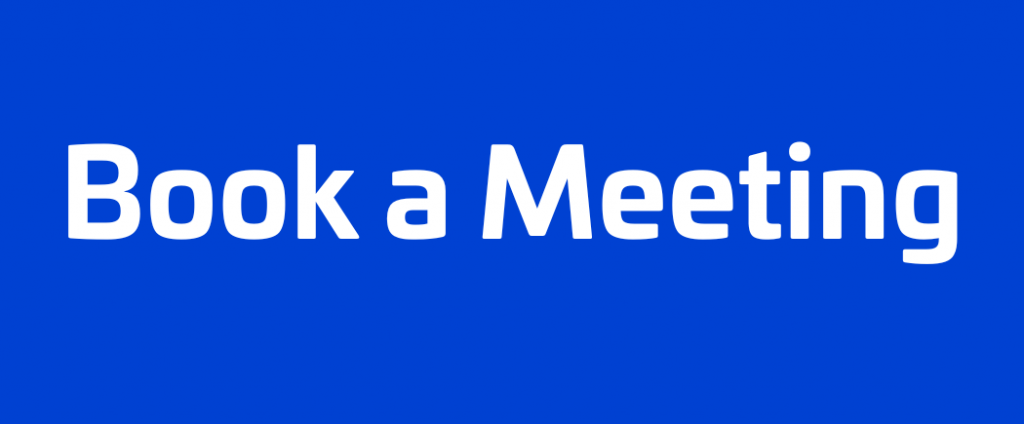Introduction
We are living in an exciting time, with so much tech available at our fingertips and so many options to choose from. The hotel industry is not exempt from the opportunities available at its doorstep in terms of technology. In the past five years, much has changed in what people expect from businesses, especially regarding digital, whether independent solutions or joint. Therefore, it’s crucial to up your digital game.
Maybe it’s time for a change or a new journey?! You’re probably thinking, ‘But where do I start?’ Don’t worry. We have created this blog so you can have a better understanding of what you need to consider before you make a strategic decision about your hotel tech stack.
1. The basics
First of all, you need to start with analysing your property. Here are some questions that can help you to understand what is required:
- What type of hotel are you? Independent, group, luxury, or perhaps a hostel? This is important because some of the tech providers will be specialists in a specific hotel market.
- What services do you offer? Maybe you have a spa, restaurant, or outdoor activities. The software you use to manage these amenities may need to be integrated to streamline operations and maximise revenue opportunities.
- How many staff members do you have? Do you need a helping hand to relieve some of your team’s workload? For instance, as a marketing manager, you might need help with customer email campaigns. What are the pain points that your staff experience on day-to-day business?
- Think about your overall business goals and long-term business plan. What could be improved? Can tech help with that?
- After you have conducted your internal research, you can start looking at the bigger picture. Visit sites like Hotel Tech Report to see what solutions are available on the market. DO speak to vendors to understand price points and what is possible for your hotel.
- Lastly, what is the budget for any upgrades and integrations? What can you afford to pay (avoid short-term thinking)?
2. Solutions
During your research, you’ll quickly realize just how many options are available. One key decision you’ll face is whether to choose an all-in-one solution or build a tech stack using independent integrations. Both approaches have their advantages and disadvantages, so let’s take a closer look at each.
Independent solutions
Pros
- Deep overview: you can gain a much deeper overview of one channel without disrupting any other integrations if they are not interconnected. Not everyone needs to be trained on it. For instance, only front-of-house staff will need to be trained on how to operate a booking engine.
- Flexibility: It’s typically easy to integrate with independent tech solutions, especially if using preferred partners. This means that you can create a tech stack that is specific to your needs, budget, and goals. Plus, vendors can easily guide you toward the best integrations for your specific needs.
- Agility: Independent solutions are often run by small to medium-sized teams, which means they can be flexible and agile in incorporating new updates and responding to evolving needs.
- User-friendly interface: Single-purpose solutions typically have an easy-to-use or navigate interface, which means that they are easy to learn, even for a newcomer to your team.
- Specialists in their field: Independent tech solutions, like ours with For-Sight, are specialists in their areas. While For-Sight is a CRM platform but not PMS or booking systems, we have extensive experience in developing a select range of high-spec services. This focus allows us to concentrate on what matters most for users and guests.

- Your budget is in control: Choose a solution that works for your hotel but does not break the bank. With many tech options available, the key question is: which one is the best fit for you?
- Access: You can manage access to your technology by assigning specific team members to the platforms, enhancing the security of personal data.
Cons
- Integration comparability: Sometimes, integrating a desired independent solution could be a hassle if it is not supported by another system. However, the market is constantly evolving, with new integrations regularly being developed. It’s best to consult with your sales representative to explore what’s possible in your specific situation and to find out if the integration you need is on the roadmap.
- Maintenance: Each solution will have its own schedule for updates, which may not align with other platforms in your tech stack. However, companies typically notify users in advance of any upcoming updates. Most of the time, you won’t even notice these updates, as they often occur quietly in the background or during times when you’re not using the platform.
- Variety of workflows: Choosing unpartnered integrations may involve navigating multiple platforms and views to gather the information you need.
All-in-one solutions
Pros
- All-in-one, as it says on the packaging: You go to the solutions provider, select a plan and get access to all the features you pay for. One of the benefits is that you do not need to worry about compatibility or integrations.
- Pay for the plan: You pay for the selected plan, so you don’t have to account for multiple platforms. Sometimes, it might be a cheaper solution, but it really depends on what your hotel is trying to achieve.
- One user experience: Platform users get to experience one interface without juggling around from platform to platform (if not integrated).
- Centralised support: Support teams can answer queries about anything on the centralised platform. There is no need to contact different teams for a different solution. Everything will be recorded under your business profile.
Cons

- Upfront investment: Be prepared to spend some money and time even before you are able to access the platform itself. All-in-one platform integrations are normally large-scale projects that involve collaborations between your staff and the company. It could take weeks or even months to get it up and running, including staff training on the new platform.
- Locked in: The chances are that you might feel ‘locked in’ with one provider. What if one feature does not meet your expectations, and you are not able to switch? It could be time-consuming to start the process again and change the whole tech stack (unless you go with independent companies with supported integrations).
- Potentially not the best in the field: can someone be a jack of all trades and excel in all? You might get and see optimal results that work…but it could be better. All-in-one is not a specialist in all; the quality of some features might be below average.
- Longer adaption rates for new tech: All-in-one solutions are less agile, and it could take some time to bring your hotel up to speed with your competitors if they are using the latest hospitality tech. Single-purpose solutions often offer better customisation or flexibility.
- Unnecessary features: When purchasing a comprehensive suite of tools, you may find that some features are not fully suited to your hotel’s needs. A common drawback is that you cannot choose specific features; you receive the entire package. This means you could be spending your budget on tools that you don’t need or use.
If you are thinking about safety and security, the majority of tech companies will have safety regulations in place; for example, For-Sight has ISO 27001 and 9001 certifications, which showcase its commitment to high-standard technology safety and quality measures. It’s always good to ask to make sure your data is safe.
3. What does the market say?
Engaging directly with hoteliers has taught us that there is a growing need for specialised solutions in the hospitality industry. Many hoteliers are looking for tools that focus on specific areas and collaborate with independent partners. Concerns have been expressed about the limited choices currently offered by all-in-one solution providers.
Over the past year, several tech companies have been acquired by larger entities, leading to a decrease in choices and flexibility for hoteliers. This is a significant issue because hoteliers should have the freedom to select partnerships that align with their hotel’s vision and values rather than feeling obligated to use solutions from larger, less adaptable, and less personalised providers.
Partnerships that over exceed expectations
To address this, three businesses specialising in PMS (Rezcontrol), CRM (For-Sight), and Loyalty programs (Inspire Loyalty) joined forces at the Independent Hotel Show this October to present the best of great independent integrations.


This collaboration aims to provide hoteliers with an alternative that is agile, integrated, committed to service, and dedicated to their success, especially in a market where such choices are becoming increasingly limited. Independent but together!
Partnered integration benefits


Conclusion
Choosing one or the other option has its benefits and disadvantages. Take time to assess your needs and what is available on the market. What works for other hotels might not work for you. Do your analysis, speak to tech experts and make calls!
Research shows that the ‘pick and mix’ or decoupled solutions market size is predicted to grow from $5.69bn in 2024 to $13.46bn in 2029 (Techradar, 2024). If the demand is there, the market will grow rapidly.
Independent solutions are proven to be better over the long run and will benefit the business by providing ‘the best in breed’ solutions, not mediocre ones. Dependence on one software solution means that you lack flexibility and bargaining power. Monoholic models make it harder to connect to other solutions and platforms as your business needs to develop. Don’t be afraid of change.
Ready to start your journey?
At For-Sight, we pride ourselves on our modern tech, excellent customer service and support. See what our customers say about us on HotelTechReport. Ready to start the conversation? Book a discovery call with one of our knowledgeable hotel tech experts and explore the revenue opportunities available to you.
